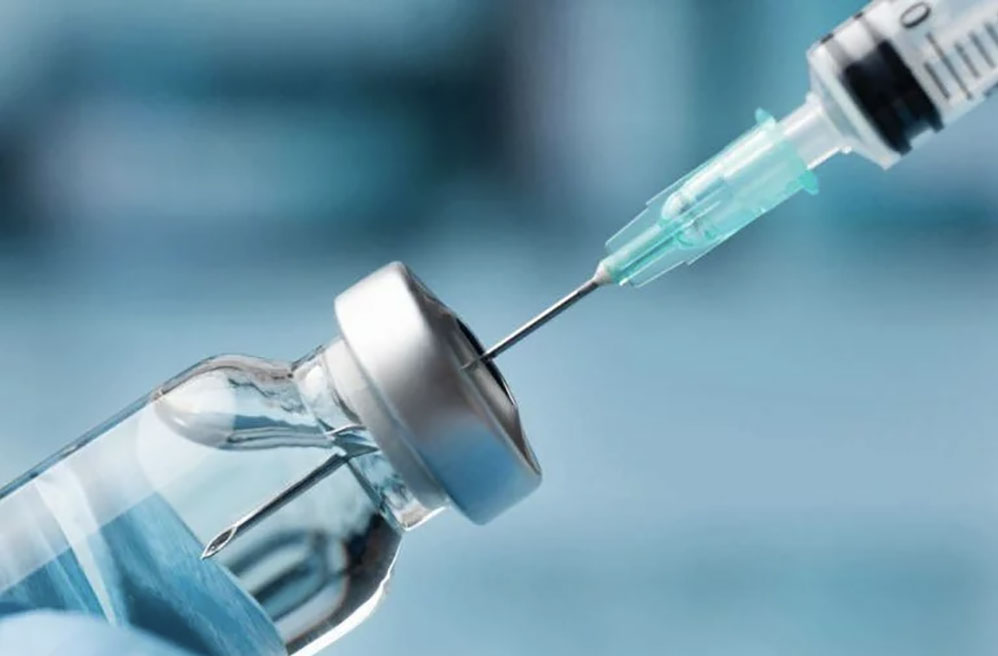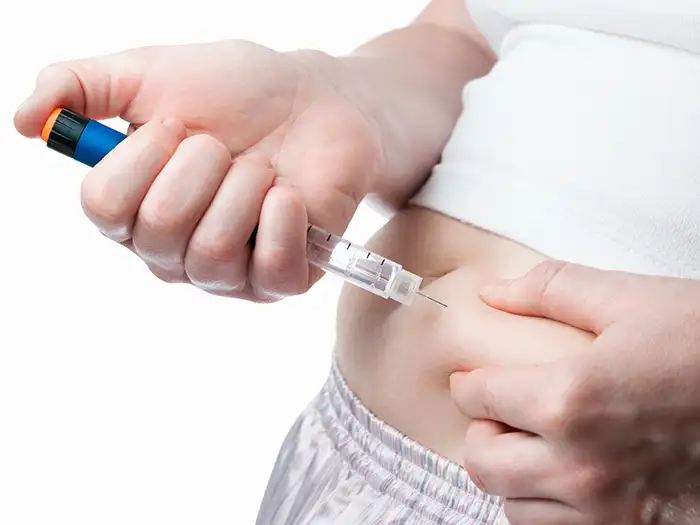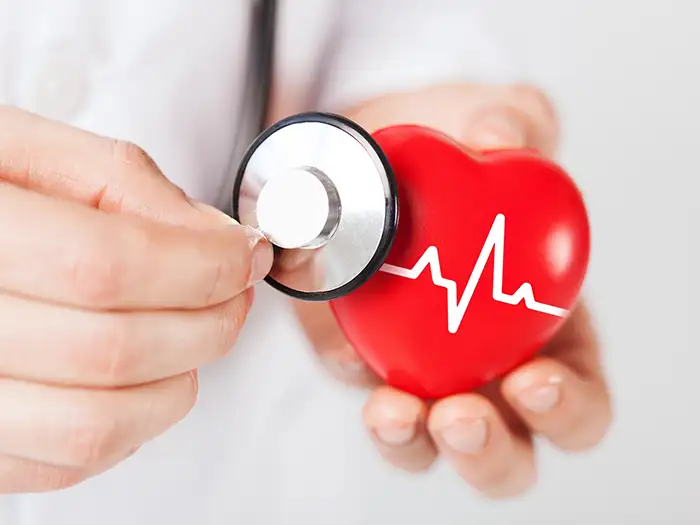A woman’s libido, or sex drive, can fluctuate throughout her life. However, when she hits menopause, her libido is likely to flag significantly. Other conditions can also cause sexual desire to decrease, including pregnancy, sexual arousal disorder, certain illnesses, and some medications.
Understanding why your sexual desire may be lagging behind what you wish it to be is key to seeking treatment. The good news is that, for most women, treatment is available, including medical options and lifestyle changes, that can boost that libido back to normal.
The Relationship Between Libido and Menopause
At menopause, the female body stops making estrogen at the levels it has produced since puberty. Testosterone production also decreases at this time. One of the results of the drop in these hormones is often a dramatic decrease in sexual drive.
In addition, women may be less easily aroused sexually during and after menopause. With menopause, blood flow to the genitals decreases, leading to vaginal dryness — which can decrease women’s interest in sex even more, as sex becomes painful. In addition, that loss of blood flow makes vaginal and labial tissues thinner and less sensitive to stimulation, making it harder to achieve orgasm.
Other changes that occur during menopause can also be factors in a decreased libido. These include:
- Sleep disruptions
- Depression
- Mood swings
- Stress
- Anxiety
- Weight gain
- Bladder control problems
- Hot flashes
- Night sweats
- Irritability
- Fatigue
The more of these factors a woman experiences, the more likely she is to concurrently experience a low libido level. While some factors affecting disinterest in sex can be remedied easily — for example, vaginal dryness — others are much more complex. The relationship between a woman and her intimate partner also comes into play, adding to the psychological complexity.
Women are significantly more affected by a loss of libido in midlife than are men, in part because the loss of estrogen production occurs relatively rapidly. In fact, as many as 85% of postmenopausal women report some type of sexual problem as they age. The fluctuating hormone levels that women experience during menopause and perimenopause can accentuate stress, further decreasing a woman’s sexual desire and drive.
Causes of Low Libido
Many factors can feed into low libido, and women may be more or less concerned by a decreased sex drive, depending on their physical condition, their beliefs about sex, and their relationship status. The women who are most likely to feel concerned about a loss of sex drive are women at midlife who are currently in a relationship but who are experiencing depression.
Other factors that can affect libido include how happy a woman is with her relationship, how active she is, whether she has a history of smoking, and whether she has a chronic health condition such as diabetes or heart disease. In general, the causes of low libido can be categorized as caused by hormonal changes, other physical changes, or psychological factors.
Hormonal Causes
Menopause is one of the key factors driving a loss of libido, thanks to the hormonal changes that occur during this period. While some women experience a return of their libido as they move into their postmenopausal years, others find their interest in sex continuing to lag thanks to the loss of estrogen production.
Of course, menopause is not the only stage of life in which women experience extreme hormonal changes. Women who are pregnant or breastfeeding often find their sex drive lagging as well. This occurs in part because of the fatigue, stress, and changes in body image that accompany childbirth, but also because of the related hormonal changes.
Other Physical Causes
Other physical factors can feed the loss of libido, such as vaginal dryness associated with menopause. Among the other physical causes of low libido are:
- Alcohol and drugs. While you may associate alcohol with feeling sexy, drinking too much (and drug abuse) can actually diminish your sex drive.
- Smoking. Smoking inhibits blood flow, which can lead to difficulty being aroused.
- Medications. Several prescription drugs (notably SSRI antidepressants) cause sex drive to decrease.
- Medical conditions. Arthritis, cancer, and coronary artery disease can negatively affect libido, as can diabetes and high blood pressure.
- Surgery. Surgery to the genitals can affect sexual function and libido.
- Fatigue. Whether your fatigue is caused by your job, your caregiving responsibilities, or an illness, it can be a factor in lowering libido.
Psychological Causes
Low libido can be a result of many different psychological conditions and factors. These include:
- A history of sexual abuse or other physical abuse
- Low self-esteem, especially if it involves body image issues
- Negative sexual experiences
- Stress, including from work, relationships, or finances
- Negative body image
- Anxiety, depression, or other mental health disorders
In addition, relationship problems, including lack of communication, trust issues, or unresolved conflict, can feed into low libido. Without trust and emotional intimacy, many women find sexual intimacy unappealing.
Does Menopause Affect Libido in All Women?
While many women experience a drop in libido with menopause, it’s not a universal experience. Some women actually find their sex drive improves after menopause. This may be in part due to psychological factors. For instance, as women have fewer caregiving responsibilities for their growing children, some are able to enjoy intimacy more. In addition, some women feel freer when they no longer have to worry about becoming pregnant or deal with birth control, thus enjoying sexual intimacy more.
Treatment for Low Libido During Menopause
Since hormonal fluctuations cause most low libido issues for menopausal women, it makes sense that hormone replacement therapy is one of the most effective treatments available.
Hormone Replacement Therapy
In hormone replacement therapy, women take hormones, typically in pill form, to replace the estrogen their bodies are no longer producing. That additional estrogen treats a whole host of menopausal symptoms simultaneously, including hot flashes, vaginal dryness, night sweats, mood swings — and low libido. Hormone replacement therapy has been clinically proven to raise levels of sexual desire.
In many ways, hormone replacement therapy addresses physical and psychological symptoms at the same time. Because you’re treating vaginal dryness, you no longer have to shy away from sex because of pain — which lets you feel more comfortable psychologically, for instance. Women whose primary complaint is vaginal dryness may be able to take estrogen through vaginal rings or creams applied directly to the vaginal area. However, this method of hormone therapy will not address other symptoms of menopause, including low libido.
Other Treatment Options
While no other type of treatment can address so many symptoms of menopause at once, you have several options to consider when dealing with your low libido. These include:
- Counseling. Relationship therapy or sex therapy can be beneficial to many women. Consider individual, group, or couples therapy on a long-term or short-term basis to deal with relationship and sexual issues. Therapy may also help improve your communication with your partner.
- Sexual aids. Among the sexual aids that may help women with low libido are suction devices that draw blood into the clitoris, increasing sensation and propensity for orgasm.
- Lubricants. Women who pull back from sex due to vaginal dryness may find that K-Y Jelly, Astroglide, or other vaginal lubricants help make sex more comfortable and enjoyable.
- Natural remedies. Some women turn to supplements such as black cohosh, soy, or red clover to boost their libido. However, none of these remedies have received regulatory approval, and they may interact dangerously with other prescription medications.
When To See a Doctor About Your Low Libido
If you find yourself troubled by a low desire for sex, with your overall quality of life diminished as a result, help is available. At Hormonally Balanced, our experienced health care providers have experience discussing these difficult topics discreetly and with an eye to helping you resolve all issues. If your lowered libido is a result of decreased hormone levels, we can treat you and get you back to full well-being. Contact us today to see how we can help return your sex life to the levels you once enjoyed and set you on the path to fulfilled health and wellness.



